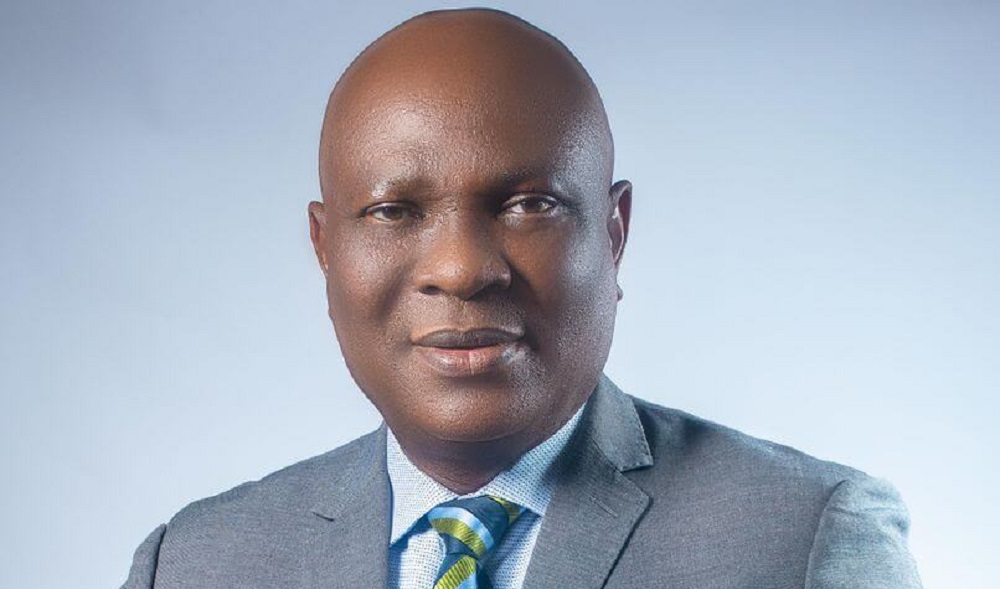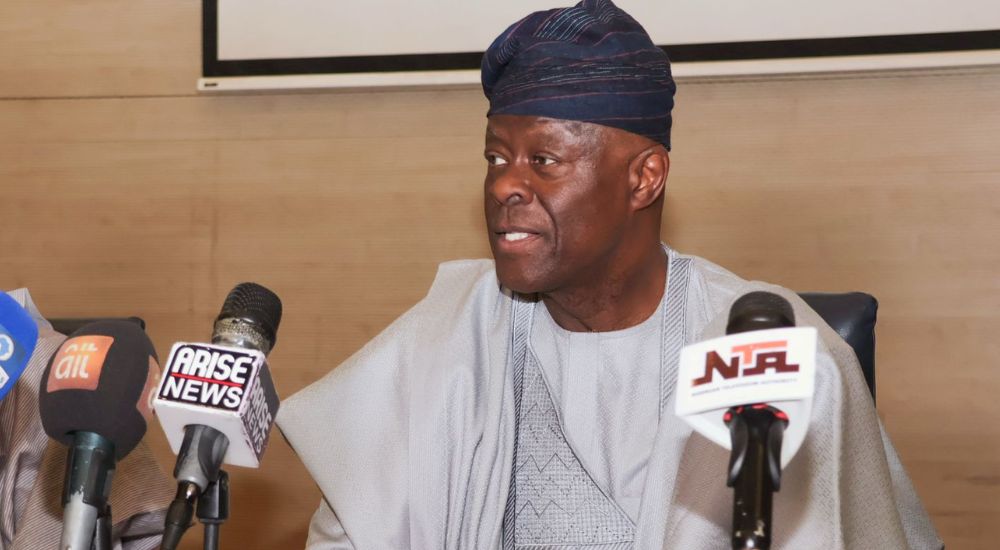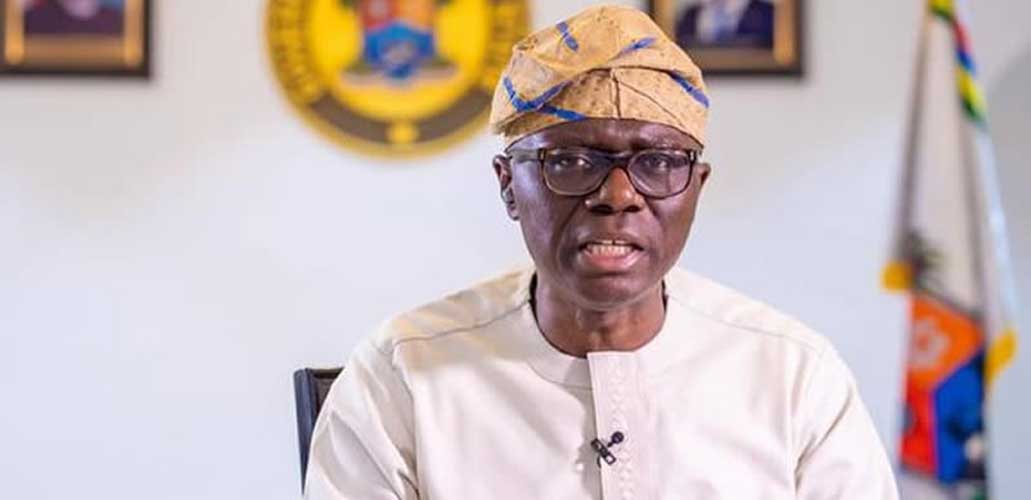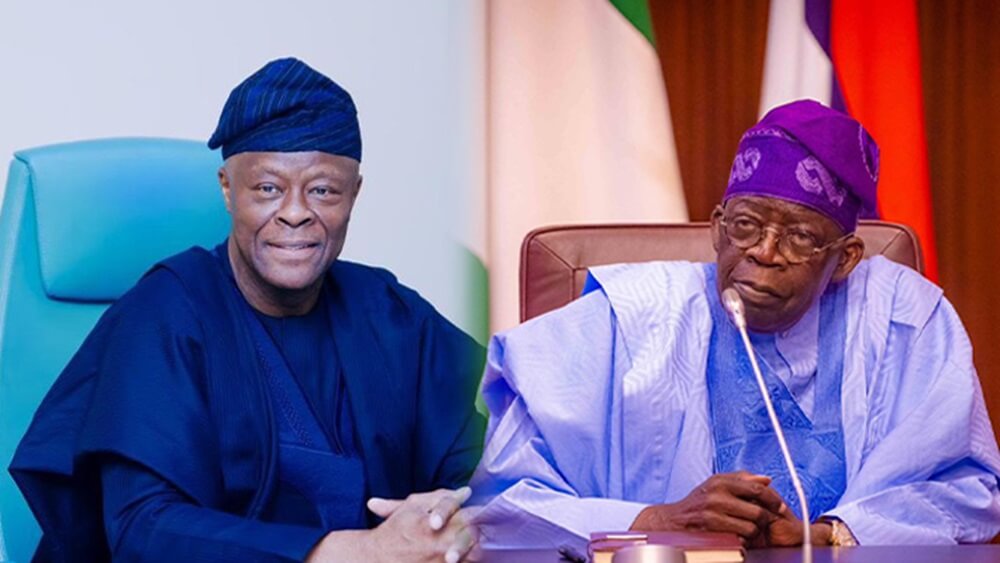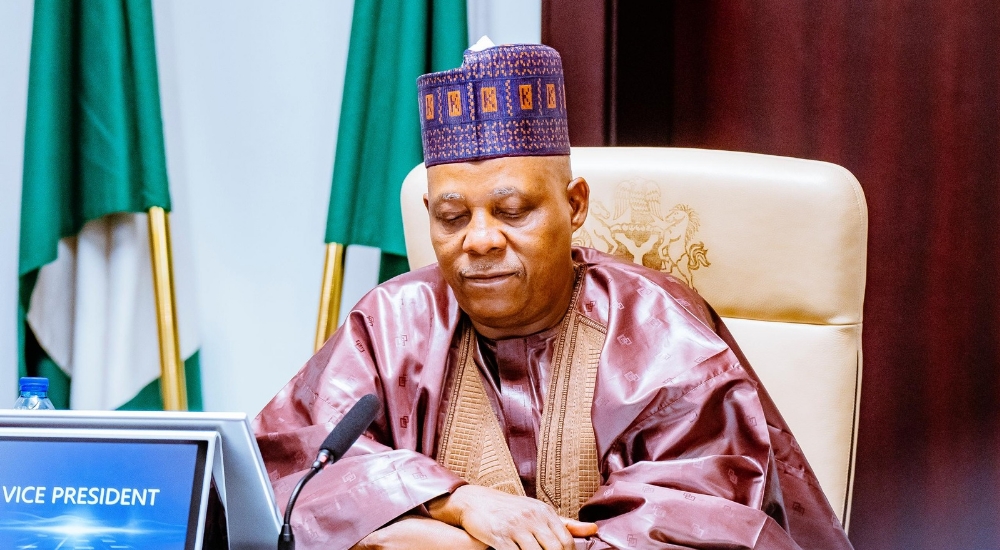FG Commences Payment of ₦2tn Power Sector Debt

The Nigerian Presidency has initiated procedures to settle ₦2 trillion out of the accumulated ₦4 trillion electricity sector obligations, targeting completion within the current quarter as part of broader efforts to stabilize the power industry.
This development was disclosed by Eriye Onagoruwa, representing Presidential Energy Adviser Olu Verheijen, during a Nigerian Electricity Supply Industry (NESI) stakeholder forum convened by the Nigerian Electricity Regulatory Commission (NERC).
According to the official statement, the administration is exploring various financial mechanisms to address these substantial obligations while managing broader fiscal constraints.
Onagoruwa confirmed that key government officials—including Coordinating Minister of the Economy Wale Edun and the Debt Management Office—have endorsed the settlement approach, with internal authorization processes currently underway.
“We’re empathetic to what GenCos are facing,” said Verheijen through her representative, Eriye Onagoruwa, adding that while timelines could not yet be confirmed, significant groundwork had already been laid.
“I hope by the next NESI meeting, I’ll be able to share a clear update,” she added.
This initiative comes in response to urgent appeals from electricity generation companies (GenCos) regarding the mounting financial burden, which now exceeds ₦4 trillion in total outstanding payments.
Generation companies have voiced serious concerns about operational sustainability, citing ₦2 trillion in debts accrued from 2024 operations and ₦1.9 trillion in historical obligations—figures they say threaten their ability to maintain power production facilities.
The government first acknowledged the crisis in February, when Minister of Power Adebayo Adelabu publicly confirmed the ₦4+ trillion debt burden affecting both generation and distribution companies across Nigeria’s electricity value chain.
Adelabu highlighted how these financial pressures are severely constraining sector performance and limiting GenCos’ operational capacity.
In April, the Power Minister committed to a comprehensive debt resolution plan, promising a systematic approach to addressing the accumulated obligations.
The current payment initiative represents the first concrete step toward fulfilling those earlier commitments to restore financial stability within Nigeria’s power sector.

